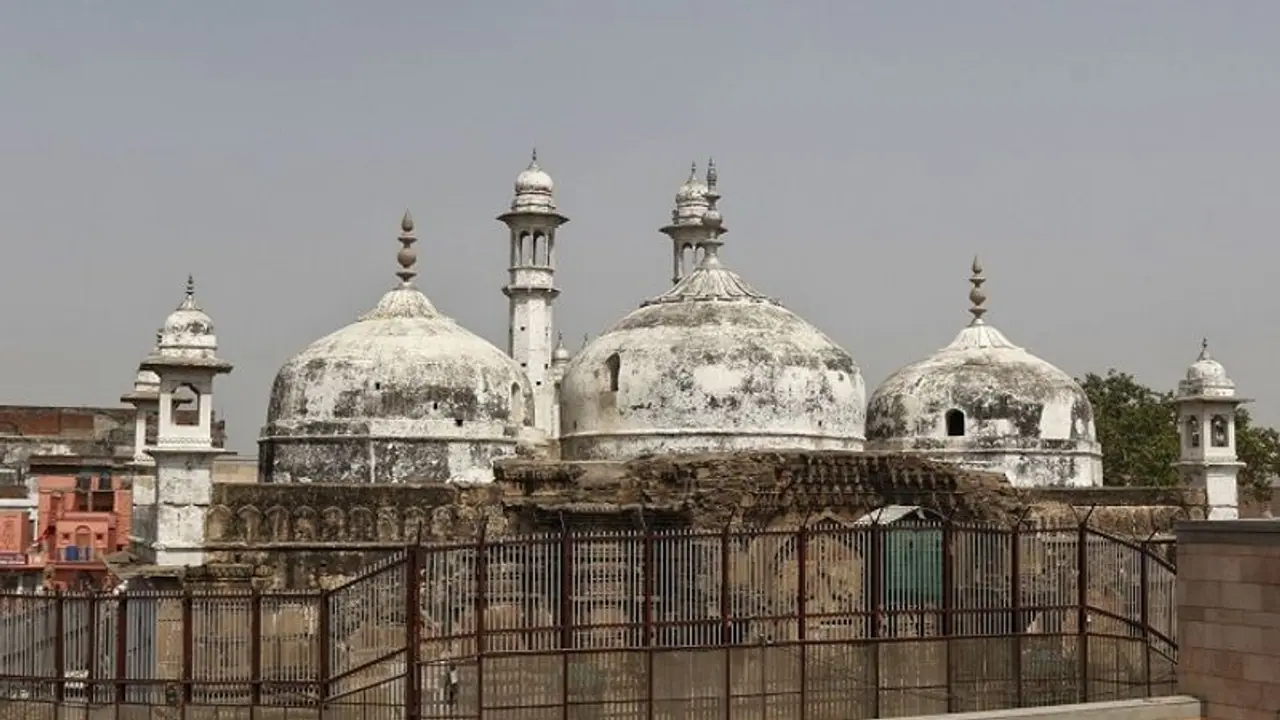The disputed area within the mosque premises is a subject of contention between the two communities. Hindus claim it to be a Shivaling, while the Muslim side argues that it is part of a ritual ablution tank. The legal battle over the site continues, with divergent views on its historical and religious significance.
The Varanasi District Court on Wednesday (January 31) granted permission for Hindus to conduct prayers in the basement of the Gyanvapi mosque, a site that is currently under the possession of the Vyas family. Even though the Vyas family no longer resides in the Kashi Vishwanath complex, they still control one of the four basements within the Gyanvapi complex.

Vishnu Shankar Jain, the lawyer representing the Hindu side, expressed optimism about the court's decision. He stated that the Puja (prayers) would begin within seven days, and emphasized that everyone would be entitled to participate. However, Akhlaque Ahmad, counsel for the Anjuman Intezamia Masjid Committee, opposed the decision and announced plans to challenge it in a higher court.
Bharat Jodo Nyay Yatra enters Bengal: Miscreants pelt stones at Rahul Gandhi's car
This recent development comes after four Hindu women approached the Supreme Court, urging an excavation and scientific survey of a sealed section within the mosque premises. Their plea was influenced by an Archaeological Survey of India (ASI) report, which claimed the existence of a substantial Hindu temple predating the mosque's construction.
The disputed area within the mosque premises is a subject of contention between the two communities. Hindus claim it to be a Shivaling, while the Muslim side argues that it is part of a ritual ablution tank. The legal battle over the site continues, with divergent views on its historical and religious significance.
'Youth, women, farmers and poor are four pillars of developed India': President Droupadi Murmu
